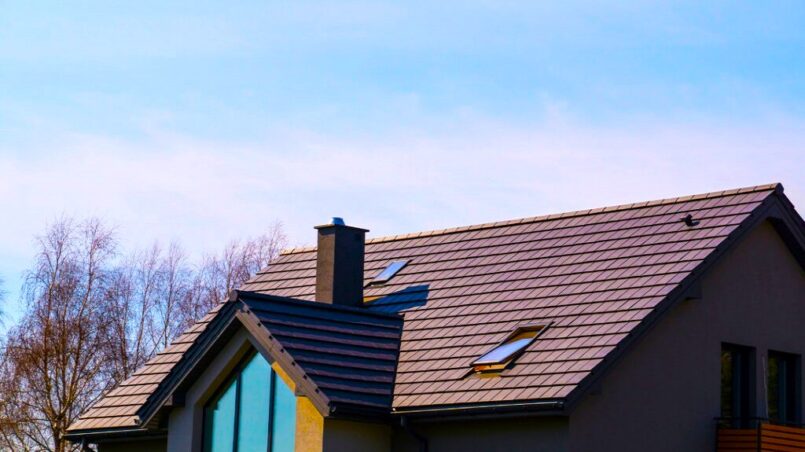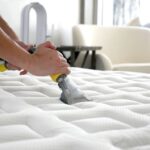When it comes to your home, the roof is a vital component. It protects you from the weather and can improve your curb appeal and property value.
However, the type of roofing material you choose is a big decision. There are many factors to consider, including:
Climate
The climate of your home’s location will significantly impact the material that best suits it. Roofs must withstand climate-induced damage from scorching heat and heavy rain to cold temperatures and heavy snow.
A good roofing option for hot and humid climates is terracotta or concrete tiles because they reflect sunlight, cooling interior spaces and reducing the burden on air conditioners. Likewise, slate roofs are suitable for colder climates because they retain warmth during the wintertime.
Metal roofs are also a good choice because they can withstand various weather conditions, including high winds. However, they are heavier than other options and require more robust framing to support their weight.
Durability
When you buy a roof, you want it to keep you safe and warm for decades. Flawless installation and proper maintenance can make your roof last a long time, but it’s also essential to consider the durability of your roofing material.
Clay tiles, for example, are fire and pest-resistant, lasting 50 years or more. However, they are heavy and require additional framing support, adding to the overall cost of the roof.
The best roofing materials for your home depend on various factors, including climate, style, and weight. By considering these factors and working with a trusted roofing contractor like Advocate Construction, you can choose a roof that will serve your family for generations.
Aesthetics
Your roof is a prominent aspect of your home, and its aesthetic appeal contributes significantly to the overall appearance of your property. Therefore, you should consider how different roofing materials will look on your home’s architectural style before installing them.
For example, a roof with slate tiles offers a timeless elegance that enhances many architectural styles. Conversely, a metal roof is a sleek option that complements modern homes.
Aesthetics also have a direct impact on resale value and curb appeal. A well-maintained and visually appealing roof can help you attract more potential buyers. Moreover, it can increase the overall value of your home and improve its integration with the neighborhood.
Weight
The weight of your roofing material matters because the structural framing of a home can only support a certain amount of weight. The structure must be reinforced if you choose a roofing material that exceeds this limit. This takes time and costs money.
Some materials, such as slate tiles, weigh 1,500 pounds per 100 square feet. This is not only costly, but it can also damage your roof and cause moisture problems. It is also essential to consider the thermal properties of each material. Some can reflect heat and block cold air, reducing your energy bills.
Eco-Friendliness
As a society, we’re becoming more mindful of the environmental consequences of our everyday actions. While “eco-friendly” has become a buzzword on hashtags and points of differentiation, true sustainability is about living in a way that meets current needs without compromising future ones.
Choosing an eco-friendly roofing material can help reduce your energy bills and minimize your environmental footprint. Be sure to compare prices, warranties, fire ratings, RM ratings, and life expectancy to select the best roofing option for your home.
Maintenance
Your roof protects your family and belongings against weather, outside elements, and other intrusions. Choosing a suitable roofing material is essential for protecting your home.
A roof’s upkeep costs will also play a role in your decision-making. Some materials require regular recoating and painting, while others are more maintenance-friendly. Also, a heavy roofing material will place additional pressure on your house’s structure, which could impact its longevity.
The aesthetics of a roofing material is also essential, as it should complement your home’s architectural design. Asphalt shingles are versatile and match any style, while concrete or clay tiles are ideal for older homes.














